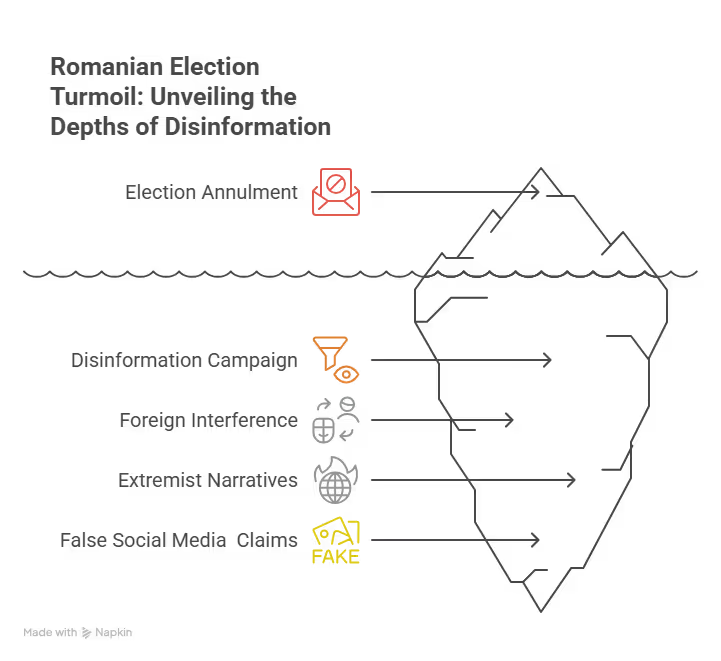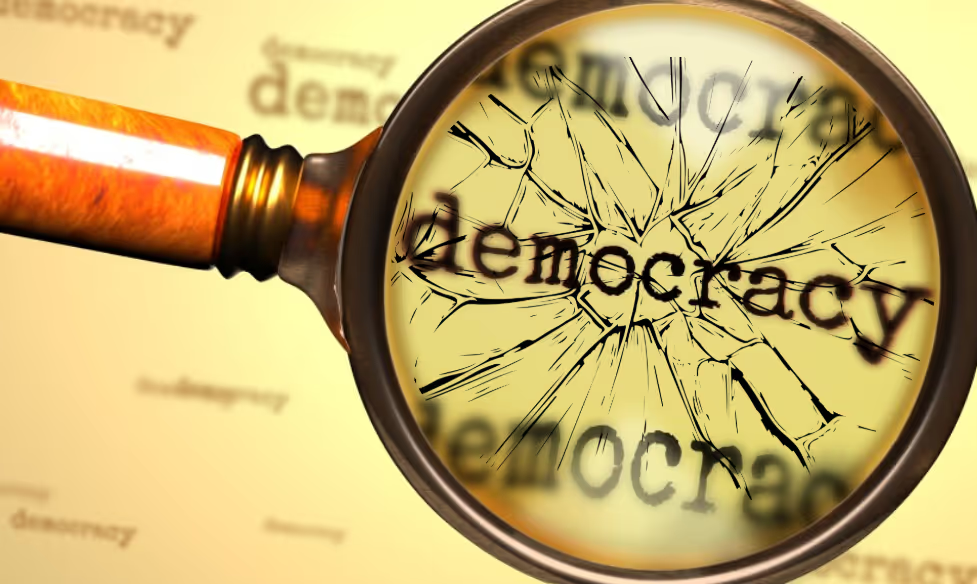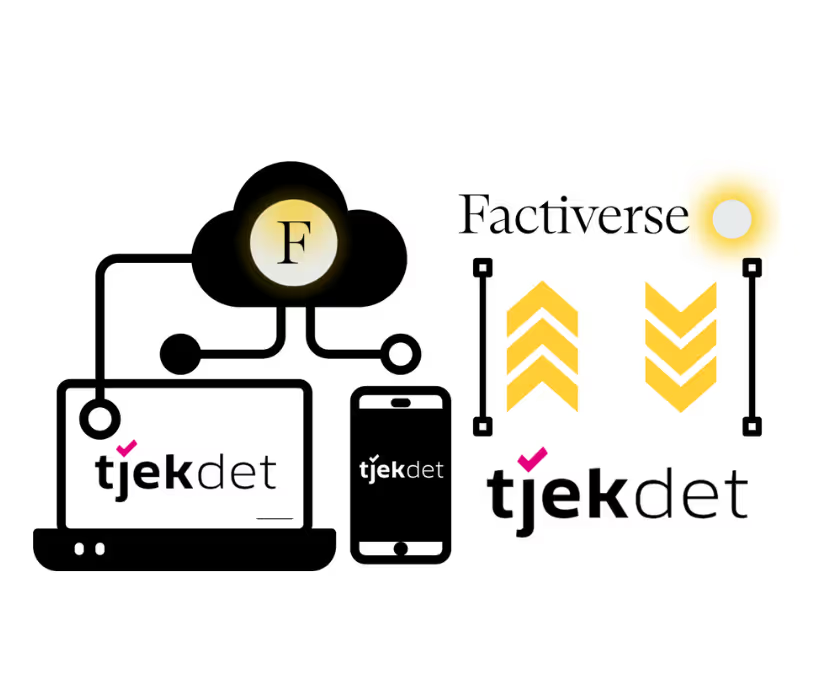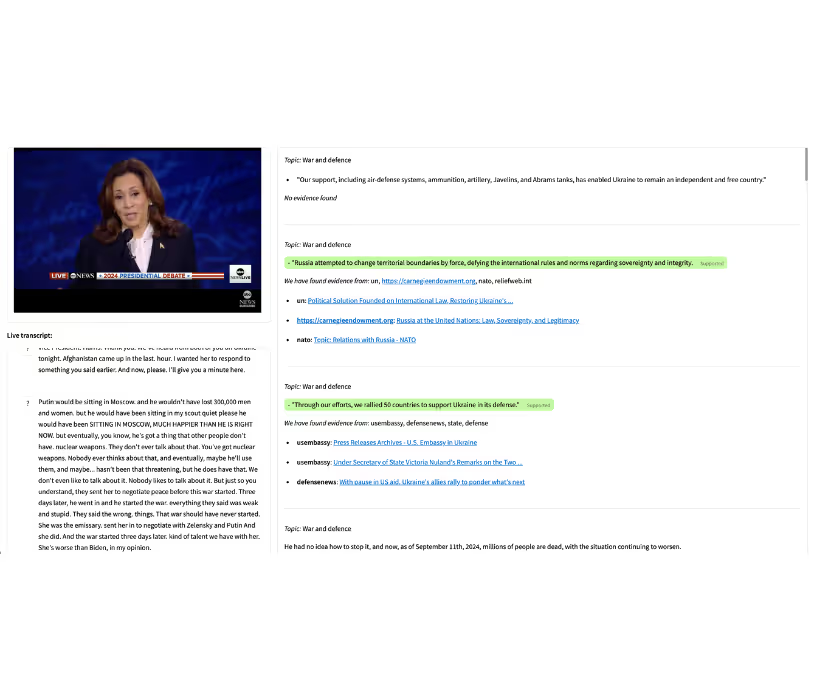
Malicous online narratives as a precision weapon against democracy
In recent years, the integrity of democratic elections has faced a growing threat: foreign interference.
A striking example occurred during a pivotal Romanian presidential election, where suspected Russian-backed disinformation campaigns forced the annulment of the first round of voting. Causing the Romanian government to spend over 238 million euros for rerunning the election processes (SOURCE).
This came at enormous cost both in terms of money and trust within the Romanian government during a key election cycle. On the surface these campaigns are subtly miniscule in the grand scheme of things when compared to conventional weapons.
But if a bad actor has found the right messaging, then it could lead to a destabilization of democratic institutions. Because the danger lies not in volume, but in precision. Disinformation, when effectively targeted, acts like a toxin within the political bloodstream.
Let’s discuss a quick dive into Disinformation campaigns.
A traditional disinformation campaign involves the deliberate creation and spread of false or misleading information to manipulate public perception, often using media, propaganda, or influential figures.
These campaigns typically aim to elicit confusion and distrust. Especially around sensitive events like elections or conflicts in the target countries.
In the past these campaigns were carefully planned and constructed because the channels in which the target audience were limited in scale and the verification process was more manual and more rigorous.
To show how manual of a process was, campaigns usually involved carefully planted articles in foreign newspapers, coordinated messaging across sympathetic media outlets, and slow, deliberate dissemination of info through word of mouth.
Social media changes the game of this weapon
Social media is a tool that is literally designed to connect you with communities with rapid fire speed. It has never been easier to communicate conventional information to large groups of people online.
Various platforms have scores of users, numbering in the millions and even billions of users.
And what dictates what is shown to these users is algorithms. Algorithms that dictate what type of content is shown to the user is also a key factor of this disinformation tool. Research has shown that these tools showcase the content that elicits the emotional and volatile reactions from its users (Here)
Disinformation campaigns fit perfectly within this functionality as they are designed to make the audience feel these emotions.The more a specific message makes users feel this way, the more likely they are to spread that message and therefore the algorithm will follow suit.
What started as a simple tool for connecting with other groups online, can now be weaponized and used against democracy that stops it in its tracks. Romania is an example of this.

TikTok shakes Romanian election
The Romanian presidential election was thrown into turmoil after the first round was annulled following the declassification of intelligence.
It was revealed that a coordinated disinformation campaign on TikTok was allegedly orchestrated by a foreign state actor. The foreign actor is assumed to be Russian.
The campaign boosted outsider candidate Călin Georgescu through misleading content disseminated via a Telegram group designed to bypass TikTok’s moderation.
Georgescu’s subsequent disqualification from the re-run sparked backlash among his supporters and underscored the platform’s growing role in amplifying extremist narratives.
Despite the rerun, TikTok remains awash of electoral disinformation. Including false claims like:
- Doubled votes to help pro-EU candidate Nicușor Dan. (Source)
- Claims that two million dead people remain on voter lists (Source) (denied by authorities).
- Allegations that the election will be cancelled again (Source) (first spread by pro-Kremlin sources).

Malicious foreign influence drains democracy and euros
Compared to bombs or missiles, disinformation is not as dramatic.
It operates more like a slow-acting poison, quietly infecting public trust until a country stumbles or grinds to a halt. Romania’s recent presidential election offers a costly example. The government originally budgeted over €450 million for three rounds of voting, including parliamentary and two presidential rounds (SOURCE)
But after disinformation forced a rerun of the first presidential round, total spending is now estimated to have risen by more than half. This means the approximate cost of redoing that round of the election would be €238 million., Then you also have the factor in a sharp decline in public confidence in the electoral process.
Left unchecked, disinformation campaigns do not just destabilize democracies; they can drain them financially.

Protect elections with rapid detection and response tools
Safeguarding an election process begins with quickly extracting insights about what is being said around the election.
This is the fundamental starting point for mitigating risks of election interference and disinformation.
Traditionally, this has been a manual and time-consuming task, requiring many hours of research to disprove false claims.
However, with social media becoming the primary source of news consumption, a faster and more streamlined approach is essential. Teams must be able to analyze various types of content such as video, text, and audio en masse.
This is where Factiverse comes in where it automatically detects harmful narratives related to elections in seconds through our patented claim detection software. With this we’re able to enable election officials and teams to plan effective response strategies and identify threats from bad actors before they escalate.
Elections are the cornerstone of democracy and if those are disrupted repeatedly, then it increases both the financial costs for governments and the levels of distrust citizens have in key institutions.
All to ensure that the will of the people is done and not the will of bad actors from other states.
Sources:
- Digi24 – How much will the presidential elections in May cost? The government approved the amount - Read more
- University of Washington – Emotions in Online Content Diffusion - Read more
- Euronews – Romania grapples with disinformation ahead of tense presidential run-off
- Read more - Reuters – Romania braces for wave of disinformation ahead of election second round - Read more





.avif)















